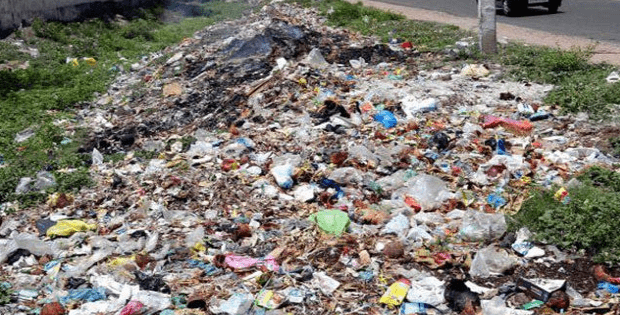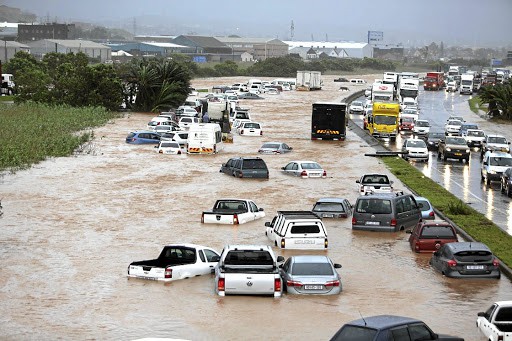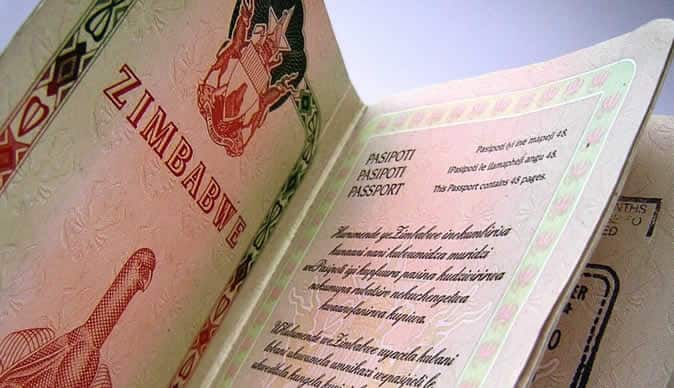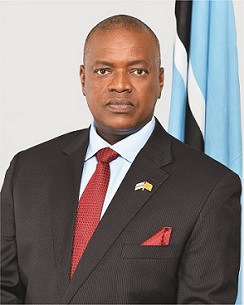The Zimbabwe Human Rights Commission (ZHRC) has called for the protection of health and environmental rights in Zimbabwe.
The rights advocacy body says it is concerned about the trampling of rights by local authorities, the state and all public institutions that include the local authorities or City Councils to ensure the enjoyment of all rights as enshrined by the constitution.
The ZHRC chairperson Elasto Mugwandi says, “While environmental, economic, social and cultural rights are to be progressively realized depending on the availability of resources, the state and public institutions are required to take all steps necessary ensure the enjoyment of all.
“The right to health means everyone does not just have a right to basic health care services but the right to the highest attainable standard of physical and mental health, which includes access to all medical services, sanitation, adequate food, decent housing, health working conditions, and a clean environment,” he said.
The Combined Harare Residents Associations (CHRA) charges that the City of Harare does not appear to have an emergency Disaster preparedness and or Disaster Management Plan in place to respond timeously and effectively to the outbreak of typhoid and other public health epidemics.
CHRA has appealed to the ZHRC to intervene and ensure that the city of Harare deals with the major drivers of typhoid such as lack of clean water, safe and potable water, poor sanitation facilities as well as erratic waste management.
Residents, environmentalists and Health experts blame the city for its failure to address these major drivers and violating their health right.
Zimbabwe is a party to a number of international human rights treaties that guarantee the right to health and health care as protected, for example, Article 24 of the African Charter on Human Rights and Peoples’ Rights that provide that [all peoples shall have the right to a general satisfactory environment favourable to their development].














